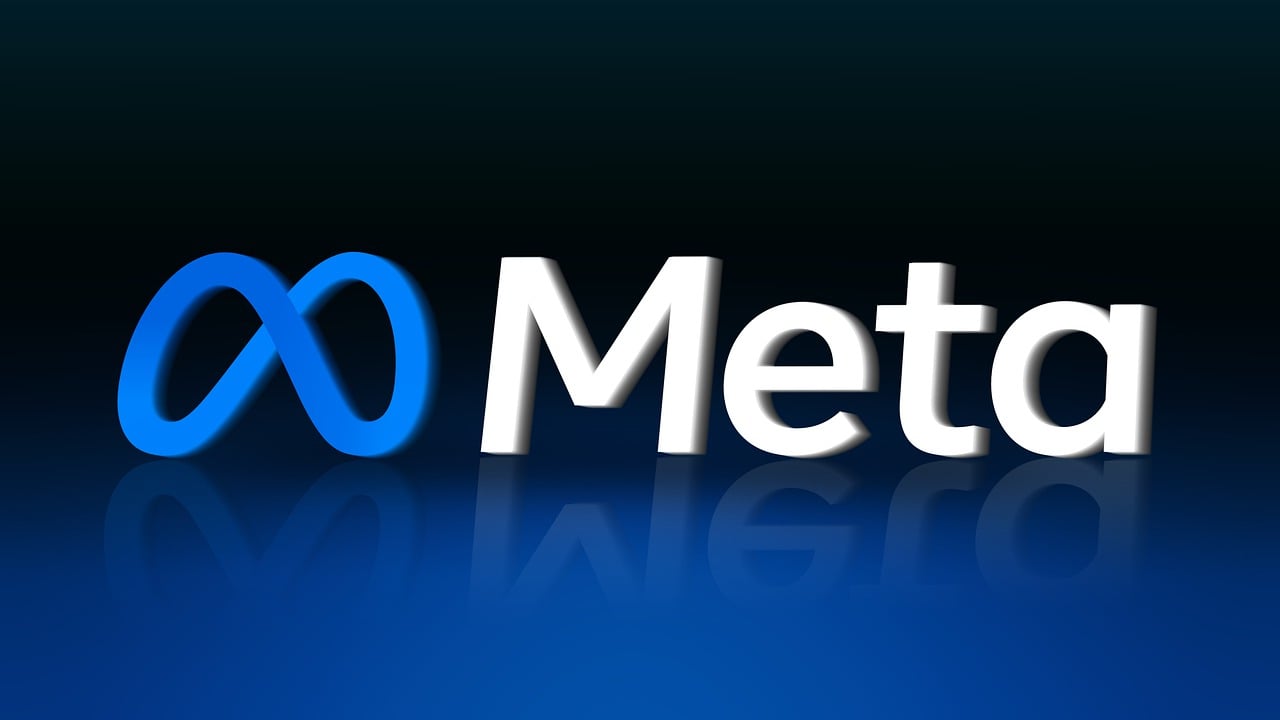Leaked documents reveal fresh details in the lawsuit accusing Meta of copyright violations in its AI training practices.
Key Points at a Glance
- Unredacted court documents suggest Meta used copyrighted material without permission to train its AI models.
- The lawsuit highlights potential ethical and legal challenges in the generative AI industry.
- The case could set a precedent for how AI companies handle copyrighted content.
Meta, the parent company of Facebook and Instagram, is facing renewed scrutiny over its artificial intelligence (AI) training practices. Recently unredacted documents in an ongoing lawsuit allege that the tech giant incorporated copyrighted material without authorization to train its advanced generative AI models. The case has sparked heated debates about intellectual property (IP) in the age of AI, with implications that could ripple across the tech industry.
The lawsuit was filed in 2023 by a group of artists, publishers, and software developers, who claim their copyrighted works were used to create Meta’s large language models (LLMs) without proper consent. The unredacted documents, made public this week, appear to provide deeper insight into the extent of the alleged copyright infringement.
The newly disclosed filings suggest that Meta’s AI models were trained on datasets containing a wide range of copyrighted material, including books, articles, software code, and even visual art. This raises questions about whether the company took sufficient steps to filter copyrighted content out of its training datasets or sought permission to use such material.
One excerpt from the documents alleges, “Meta’s training methods involved systematic ingestion of copyrighted works, despite internal warnings about potential legal risks.” The plaintiffs argue that this constitutes willful infringement, potentially exposing Meta to significant financial penalties and reputational damage.
Meta has defended its practices, asserting that its data collection methods comply with fair use provisions under U.S. copyright law. In a statement, the company emphasized its commitment to ethical AI development: “We have rigorous protocols to ensure that our models are trained responsibly and lawfully.” However, critics argue that fair use does not provide blanket immunity for wholesale use of copyrighted material, especially for commercial gain.
This case is emblematic of the broader challenges facing the rapidly growing field of generative AI. As companies race to develop more powerful models, they increasingly rely on massive datasets sourced from the internet, much of which contains copyrighted material. The lawsuit against Meta could serve as a litmus test for how courts interpret copyright laws in the context of AI training.
Experts suggest that the case may force AI developers to rethink their data sourcing strategies. “This lawsuit is not just about Meta,” says Dr. Elena Ruiz, an IP law professor. “It’s about setting boundaries for an industry that’s still figuring out how to balance innovation with legal and ethical responsibilities.”
If the court rules against Meta, the company could face hefty fines and be required to alter its AI training protocols. Such a ruling might also encourage other copyright holders to pursue legal action, potentially opening the floodgates for similar lawsuits across the tech sector. On the other hand, a ruling in Meta’s favor could bolster the industry’s reliance on large-scale internet data scraping, albeit with heightened scrutiny.
The case also poses reputational risks for Meta, which has faced criticism in the past for its handling of user data and misinformation. Adding copyright infringement to its list of controversies could complicate its efforts to position itself as a leader in ethical AI development.
As the legal battle unfolds, the tech world watches closely. The outcome could shape the future of AI development, particularly around how companies navigate the complex interplay between innovation and intellectual property rights. Whether the court will side with Meta or the plaintiffs remains to be seen, but one thing is certain: the stakes have never been higher for the generative AI industry.
